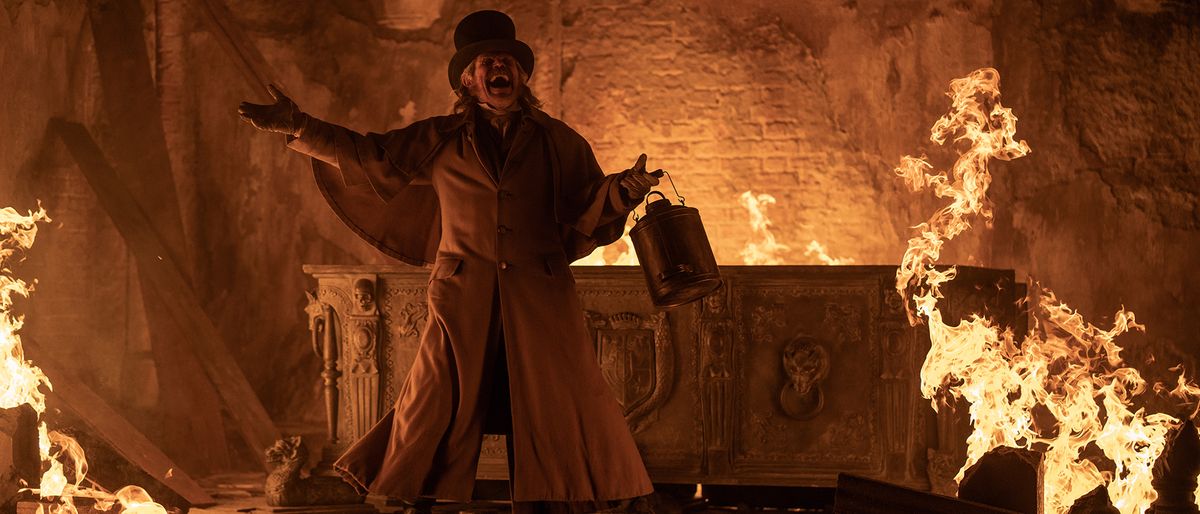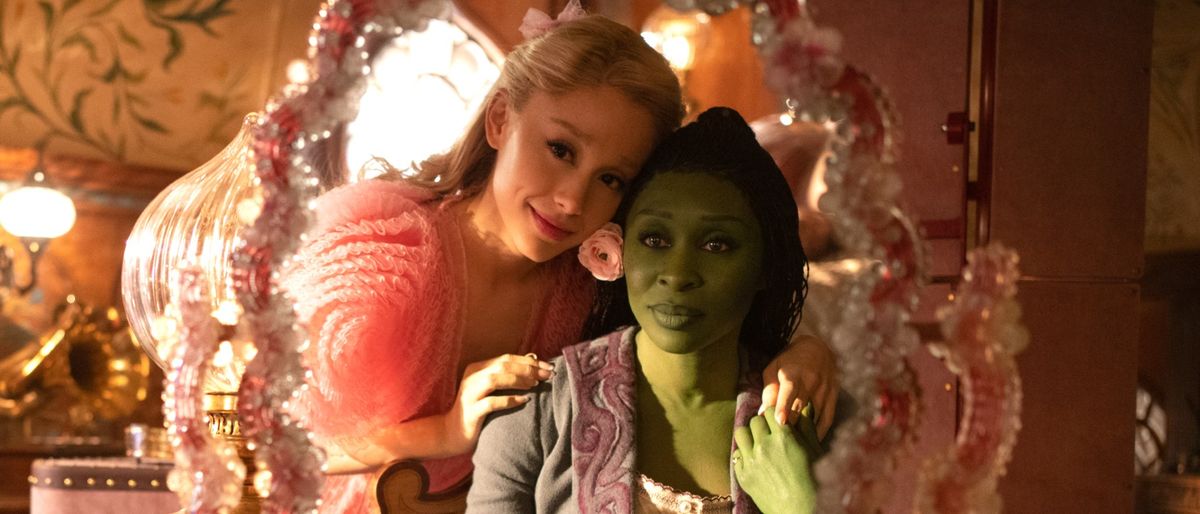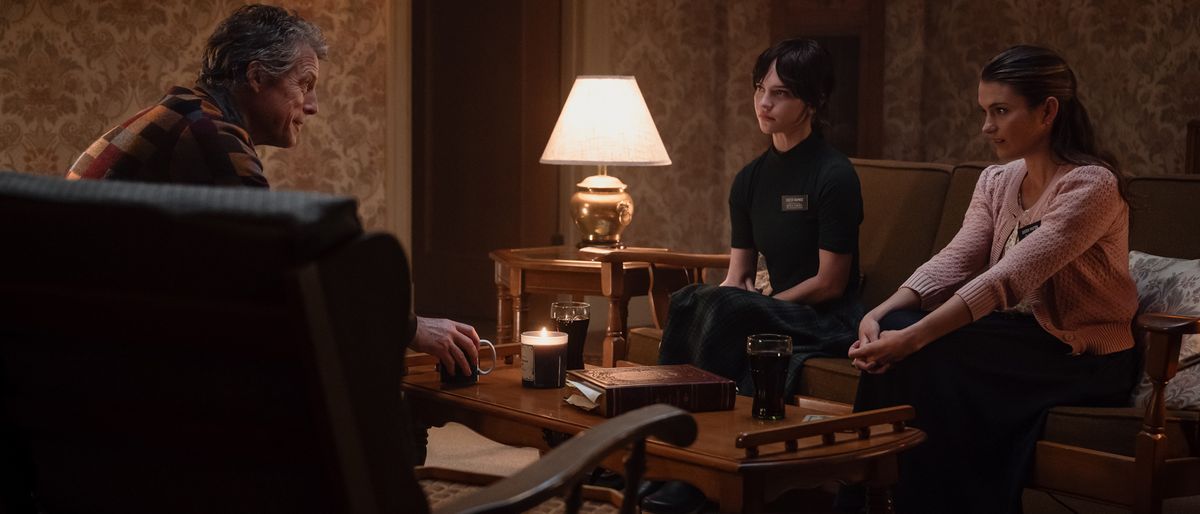
This biopic chronicles one of many defining circumstances within the early profession of Thurgood Marshall, the primary African-American Supreme Court justice. The plot facilities on Marshall (Chadwick Boseman) and Sam Friedman (Josh Gad), the latter a younger Jewish lawyer who’s dealing with legal protection for the primary time after beforehand specializing in low-profile insurance coverage claims. Together, they boldly defend a black chauffeur named Joseph Spell (Sterling K. Brown), who’s accused of the rape and tried homicide of his white employer, Eleanor Strubing (Kate Hudson). The duo battle for justice whereas going through quite a few obstacles, the obvious of which is the racial prejudice that permeates the conservative city of Greenwich, CT, within the 1940s.
When a biased choose prevents Marshall from taking part in an lively function in defending Spell, Friedman is compelled to take the lead in a trial he wished nothing to do with initially. The movie slowly develops this theme of preferring complacence vs. risking one’s fame, as Marshall carries out his responsibility via the voice of a timid and inexperienced lawyer whose conviction grows with every successive listening to. Friedman’s fascinating (if often clumsy) performances, backed by Marshall’s unyielding confidence, regularly expose the intolerance of their adversaries, till the inherent bigotry of the authorized system turns into obviously apparent as the ultimate verdict is introduced.
While the shadow of racism bestows an ominous air to the story from its opening scene, the movie as an entire is proportionately centered on prejudice of all types, together with sexism and anti-Semitism. The two most pivotal breakthroughs within the argument for Spell’s protection come from what could possibly be seen as unlikely sources—conversations between Marshall and ladies who’re uninvolved with the authorized proceedings. In this fashion, the movie portrays concepts of reality and justice as features of the human situation that manifest themselves in private relationships, slightly than within the summary rulings of a courtroom. The inside conflicts and societal pressures shared by all people grow to be constant components in figuring out ethical capability, and we perceive that telling a lie out of worry and self-preservation is a forgivable offense in comparison with sacrificing an harmless man’s freedom to be able to save one other particular person’s seemingly upstanding fame.
Although some features of the movie might come off as formulaic and anticipated, such because the dramatic heroism pervading Marshall’s character and his mission, this isn’t unwarranted contemplating the historic context. If there is a matter along with his embellished theatrics and ardent persona traits, it’s because of the lack of a correct introduction to Thurgood Marshall and his standing as a legend and a trailblazer within the U.S. authorized system. And if the racially charged narrative feels outdated, one has solely to take a look at the present sociopolitical local weather to understand that perhaps now’s the right time for a real story that seeks to handle the poisonous ideologies which can be nonetheless very a lot current at each degree of American tradition. If nothing else, Marshall serves as a reminder that even victories you don’t get to rejoice are nonetheless price combating for.
Source


